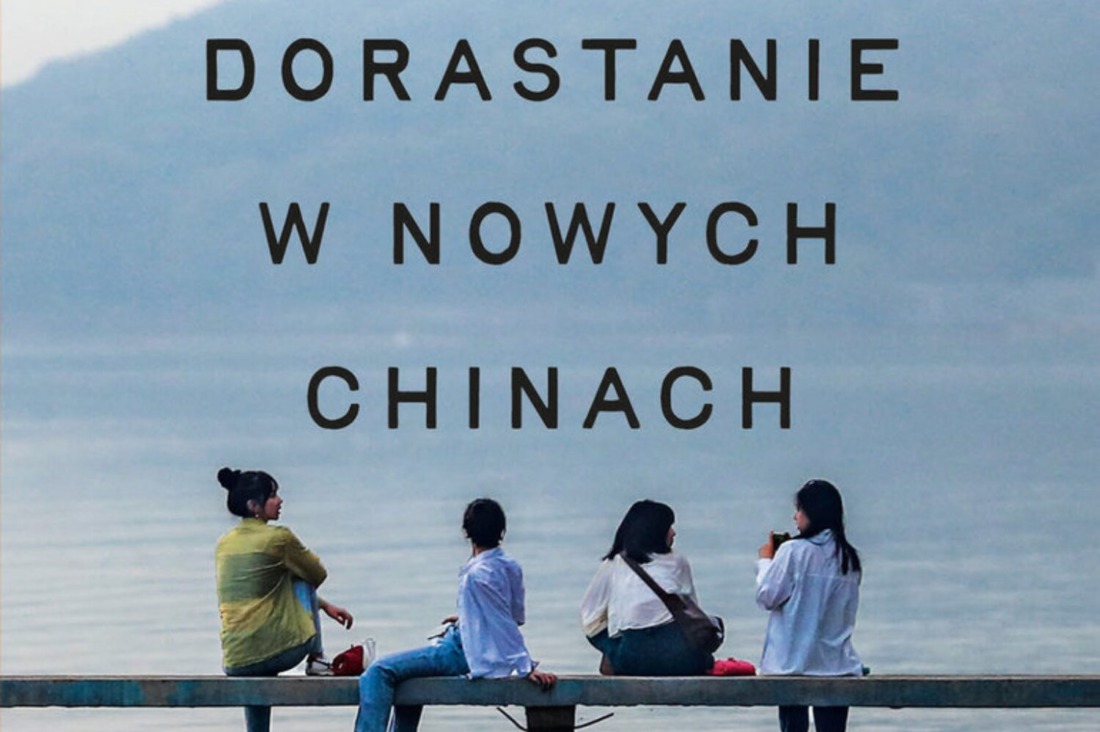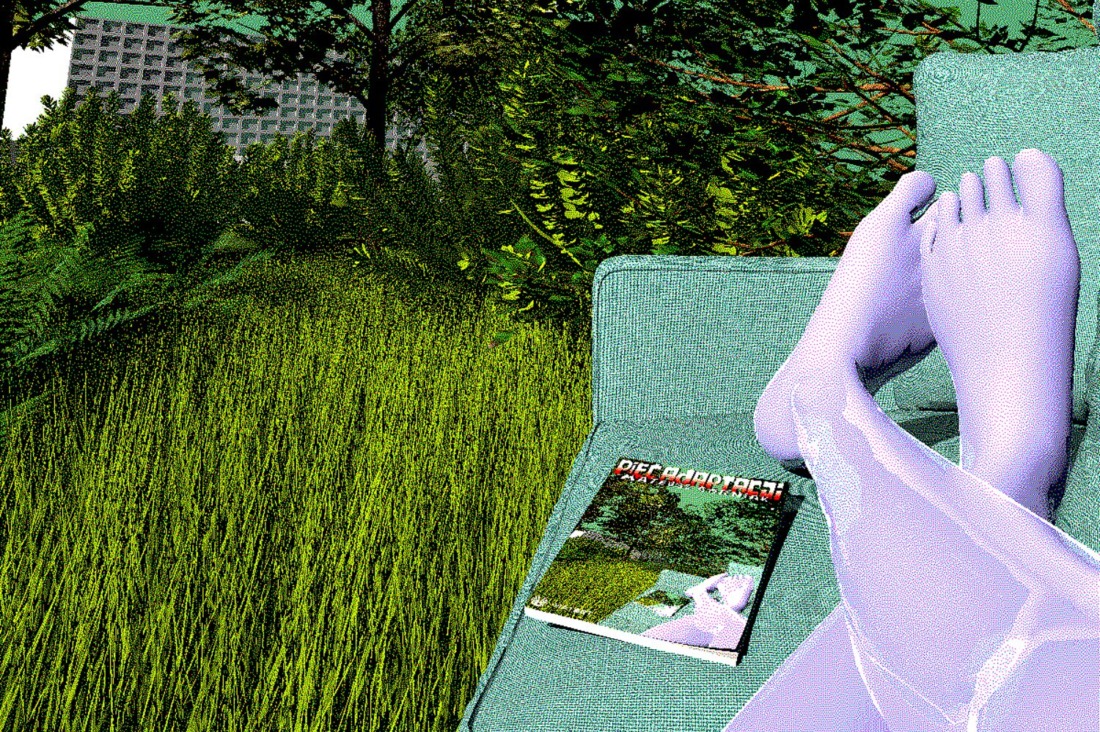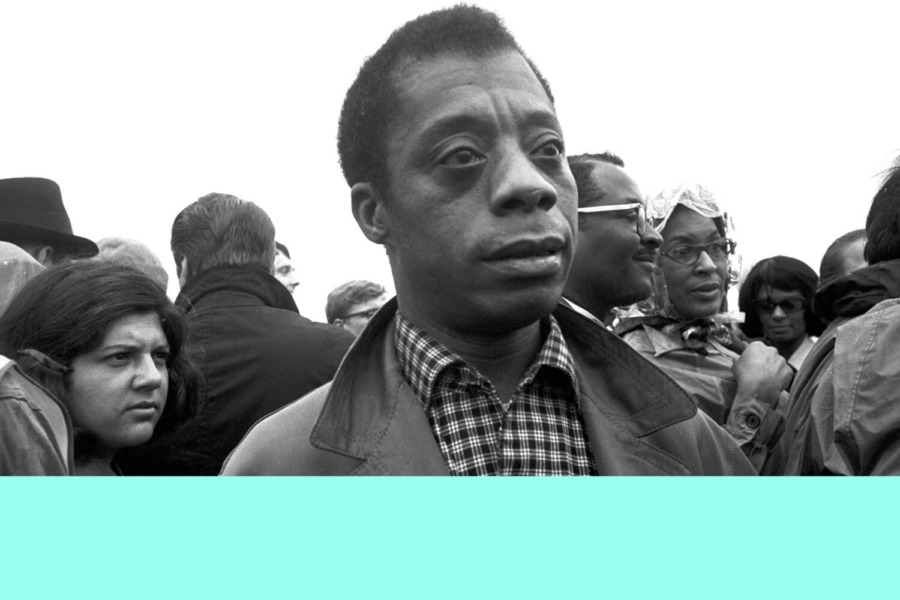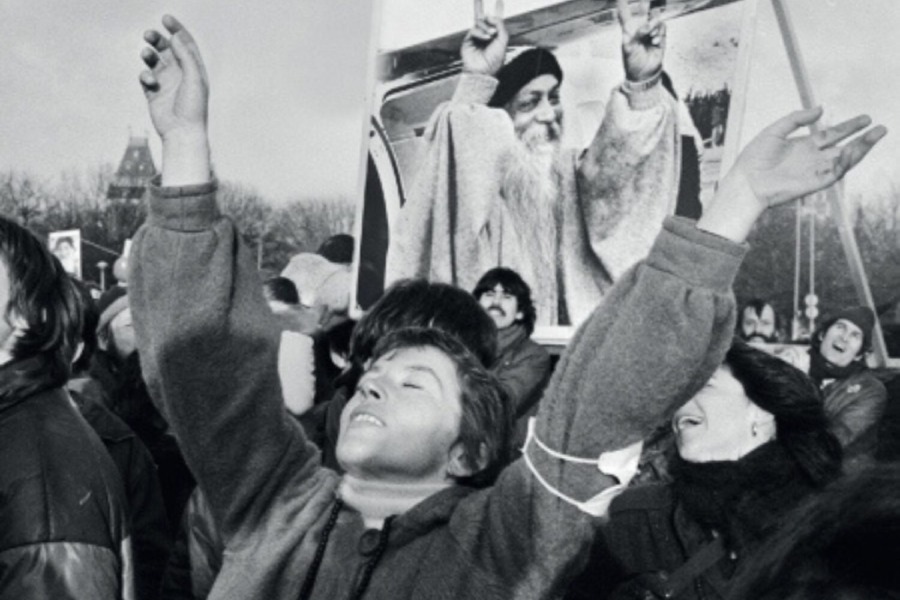Joseph Nye
The West needs smart strategies
Despite the fact that smart-power has been a part of American politics for centuries Barack Obama has managed to considerably increase its importance, more than many of his predecessors in only half a year. It was done, firstly, by the symbolism of his own person an Afro-American and a 48-years-old man, much younger than most of the Washington politicians, has been elected president. Secondly, many of his policies have been deliberately designed to create this effect.
A good example here is the Cairo speech. American smart power in the Muslim world has been greatly damaged by the excessive use of hard power by the George W. Bush administration most notably by the invasion on Iraq. Obama wants to use more soft power in order to show that the US is able to understand the Muslim world and need not to be seen as hostile. It does not solve the problem, nor will it get rid of the Iranian nuclear enrichment but it opens out a larger political space, enabling negotiations.
Similarly, Obama tries to extend the use of soft power in relations with China. This country may be a source of a large number of problems, for example as the worlds superpower when it comes to emitting greenhouse gases. Cooperation with China is going to be essential if we want to solve these problems.
It is yet not enough for the US to only extend its smart power. It is also high time that Europe understood the importance of such policies as well. It is the European Union, not Asia, where the US will look for crucial allies in the nearest decades. Unfortunately, while some European countries, including Great Britain or France, or Poland, are making significant contributions, for example by sending their troops to Afghanistan, other confine themselves to the soft attractiveness of the EU system and do not wish to invest in its hard power. The fact that they tend to forget that soft power is not enough is very worrying.
* Joseph Nye is an expert in international relations theory. Founder of
notions „soft power”, „hard power”, „smart power”.
* * *
Jorge Sampaio
Cultural diplomacy. The smart version
Looking back at the history, it is quite easy to agree that diplomacy never had an age of innocence. But considering the roots of modern diplomacy, there was a time when its boundaries were fairly well defined and its actors clearly identified. Diplomacy was practised by a country’s diplomatic service as its “army” for foreign policy with a view to safeguarding national interests in the external arena.
The picture today is that the neat and clear boundaries between foreign policy and other policies are increasingly blurring. And this is also the case with the frontiers between bilateral, multilateral and regional fields of diplomatic endeavour as well as between the roles played by the various new emerging actors in international relations.
With globalisation, the steady development of the so-called international community and the ever-growing complex transnational networks, a new way of making diplomacy is rising. It challenges traditional diplomatic culture, it has probably taken away some of the certainties of foreign policy practice, but it has already opened up many new opportunities.
To sum up, diplomatic practice today faces a double challenge: it has to deal with transformations in the relations between states and it needs to take into account the changing fabric of transnational relations and the complex network of non State actors.
The emerging use of a plethora of words to qualify diplomacy – economic diplomacy, cultural diplomacy, public diplomacy, preventive diplomacy, soft diplomacy, hard diplomacy, smart diplomacy, transnational diplomacy, shuttle diplomacy, ping pong diplomacy – clearly shows that there is a new environment marked by new needs and opportunities.
That is to say, to what extent we are living at a time when the traditional paradigm of diplomacy – as well as that of foreign diplomacy – is shifting. “Cultural diplomacy” is part of the new emerging paradigm. It expresses the major role that culture as a broad concept is playing in inter-state relations and in relations between people.
Indeed, long before the term “cultural diplomacy” was employed, countries have developed extensive and diversified cultural exchanges and cooperation.
But nowadays “cultural diplomacy” has a much wider scope and it includes new priorities such as, for instance, the promotion of human rights, tolerance and understanding, good governance, the role of religious movements in world affairs and the role of the media in civil society.
A number of developments, cultural and religious diversity, social cohesion and intercultural dialogue have acquired an ever growing prominent place on political agendas.
Among these factors we can identify some global trends such as: permanent migration flows which changed the population make up of most of the countries around the world; new means of communication and a related expansion of media content; an increase in controversies and debates on value systems and identity issues, a reported rise of incidents of discrimination, racism and populism; globalisation and geopolitical changes in general, and world politics.
Moreover, Samuel Huntington’s prediction that after the end of the cold war we might witness an inter-cultural or inter-religious “clash of civilisations”, that 9/11 and its tragic worldwide consequences seemed to confirm, put cultural diplomacy in this broad sense high in the international agenda as a matter of urgency.
* Jorge Sampaio, former president of Portugal (1996 – 2006), United Nations High Representative for the Alliance of Civilizations.
* * *
Paweł Potoroczyn
How soft is soft?
I would seek the source of the idea of soft power somewhat deeper in the tradition of the human thought. The dichotomy between soft and hard should not be reduced to a difference between beating one on the head with a hammer and gentle persuasion, as we usually tend to think.
This distinction, on the contrary, has ontological foundations. Basically, things belonging to one side of this dichotomy are secondary to the ontological decision as to which kind of being or way of existence is distinctive for a given object, action or method.
According to a conception, which we could call primitive realism, one usually assumes that objects have more real existence than values. Another conception claims that the sphere of creativity, values and spirituality is secondary to economy and may be fully reduced to it; that culture is only – in one compromised ideology – a superstructure existing on credit given by the base, which supposedly is economy. Similar are conceptions claiming that spheres of thought and intellect are reducible to biochemistry of neurons; or ideas, according to which creativity is in reality effect of sexual neurosis.
Hard is not a problem. Constraint, violence, economical supremacy. Aircraft carriers, gunboats, suitcases of money. But soft? How soft is soft? Could simple export of culture goods mean neocolonialism? The more efficient the export mechanisms, the more tickets, records, consoles, DVD, MP3 are sold. The bigger the investment, the larger the influence. Dialectics is helpless, as quantity goes into… quantity. It may be in fact anything, the most important factor is the gargantuan marketing budget. Then it will sell well. A pure act of violence.
Is this soft? Truly?
Soft power’s essence is exchange in its axiological, rather than epistemological, sense. The sole exchange is already a value. However, it will be followed by more or less controversial values of the object of exchange, as well as a specific way of their existence.
The sphere of values exchange has its own logic and is not a simple extension of traditional economy. In this field the things which traditionally were hard, are very, very soft – the real value of the subject of exchange is the decisive factor. Marketing, manipulation, influence – mean nothing. The question what budgets for marketing cultural industries have in comparison with producers of margarine does not make sense, as it does not make sense to ask how many divisions the pope has.
* Paweł Potoroczyn, director of the Adam Mickiewicz Institute in Warsaw.
* * *
Vaira Vīķe-Freiberga
A wide spectrum of activity
Considering the role of soft power in politics, one has to be aware in what circumstances it can be applied. One should not forget that soft power is only one element of a wide spectrum of the possible modes of operation. The effectiveness of soft power depends on the quality of the whole spectrum.
Soft diplomacy of a military and economic superpower, such as the USA, is different from that of a small Eastern European state, such as Latvia. Let us have a look at an example from recent history and ask the following question: what could have the cultural diplomacy (or any other form of soft power) helped when my home country was invaded by the Red Army? I leave this question unanswered.
I do not claim, however, the soft diplomacy belongs only to the strong. Let us look at another example. Americans, to effectively conduct their military operations in Afghanistan, need a base somewhere on the way. President Kurmanbek Bakiyev of Kirgizstan during his visit in Moscow in February 2009 announced that the air base Manas would be closed. One should think for a while about the soft power tools that the Russians had used to convince him to do that. However, the base has not been closed. Americans agreed for new lease conditions, which are much better for Kirgizstan. In this way a small country has won quite a lot from two global super powers.
Was it soft power? Or maybe taking advantage of Kirgizstan’s strategic geographical position at a time crucial for the mighty states was an element of hard power?
* Vaira Vīķe-Freiberga, former president of Latvia (1999 – 2007), psychologist.
* * *
Aleksander Laskowski
The simplicity of the basic things
Recently someone told me about his visit to the opera in Munich. The house was full. One young man looked around with delight. Another tried to explain the situation by saying “It is because they are playing Wagner”. Could a similar thing happen in a Polish city? Would anyone say “It is because they are playing Szymanowski”? Maybe I am too sceptical but I seriously doubt it.
Could a country, in which only few believe in the power of its culture, and even more, only few have a good knowledge of this culture from school, play an important role in the international cultural exchange? To say ‘no’ would mean unjustified pessimism. A country with a great tradition and huge resources of young talent, with a little bit of luck and with some good effort from organisations responsible for the promotion of culture abroad, could be noticed and appreciated. Could it become a part of the universal cultural discourse? One has to answer in the affirmative once again, with the proviso that only very few outstanding artists will succeed. Does this country have a chance to become a good and well known brand, “a country whose culture everyone should know”? I seriously doubt it.
It is not enough for this country to be represented only by professional cultural diplomats and promotion specialists. The word has to be spread by everyone who has contacts with foreigners. Success in the world is impossible without awareness at home. And awareness at home is impossible without good cultural education. Music and arts classes at school as an element of soft power? Yes, if one thinks long-term. Why long-term? Because it will take a long time until a music lover in a full opera house somewhere in Poland will find it natural to say “It is because they are playing Szymanowski/ Moniuszko/ Szymański/ Mykietyn…”
* Aleksander Laskowski, manager of the Territorial Department at the Adam Mickiewicz Institute, journalist of Polish Radio 2.
* * *
Wojciech Przybylski
Rampart, chess game and networking
Year 2008. A Bordet guard at Terespol (Polish – Belarus border) asks a middle-aged woman for travel documents. She gives her passport obediently, that however raises reservation of the soldier. Why don’t you have a Polish visa? – he asks. I travel to Berlin – she answers – I go to Poland just for one day and then I head for the West.
The soldier protests like a freshly baked heir of an ages-old fortune that was still just a dream not so long ago – You are not going to Poland, you are entering Europe!
As a witness to that adventure I felt shame for the complexes, lived through by our country. A feeling that was unexpected on earlier trips back to Poland from the East. I have become convinced that the crippled mindset or identity will not be reset quickly by any government program or policy. In the meantime Poland will waste an opportunity resting with its even archetypical role in Europe, namely the role of a rampart country.
Obama, who is so praised by many, has his policies carried out in a manner that is difficult to decipher. Some want to see his actions as an implementation of the idea of soft power, that is also understood as some kind of public diplomacy. Nonetheless his foreign policy is often praised by political realists (Kissinger in an interview for Der Spiegel recently praised Obama and compared him to a chess player). On the contrary, many other who initially supported Obama have begun to doubt whether the softening of its policy results from slyness of a fox, or it is simply a weakness of his presidency (for instance, a writer and journalist George Blecher and many commentators who compare the lack of conspicuous stance of Obama in respect to recent demonstrations in Iran, quoting how Reagan strongly protested against violence on civilians by USSR).
Apparently, public diplomacy always refer to the eternal question in politics, that is how to be effective? The American and Polish examples, despite differences between our countries, including the arsenal of „hard power”, shows a single analogy. If soft power is to be effective it needs to offer a change for the better. Instead of focusing on auto-promotion or our own cultural identity, we must understand our role in the world – and this understanding needs to be in some way rooted out of troublesome history. We should realize that as a country we have a Janus face. For the Western countries – a country with relatively weak dusty nostalgia for the Middle Ages. To the East – a symbol of a successful modernization but with an unbearable need to swagger over our “Slavic brothers”.
We should transform this undoubted weakness into our advantage by facilitating the rejoining of the two Worlds: East and West. One of the opportunities in this field is still enigmatic program of the EU – the „Eastern Partnership”. However, we must do much more for the understanding of mutual needs and for converting our own success story into our neighbors’ own, especially when it concerns those in the East. Their potential success, as long as they appreciate our help, will be the most effective form of soft power that we can ever dream of. Our task in terms of public diplomacy should be networking of people and of experiences both from East and West carried out with a modest assumption that we are also in a learning process. If skillfully used the damn Polish geopolitical position will be our strength, to be used with clear benefit for our neighbors, and so for ourselves.
* Wojciech Przybylski, chief-editor of „Res Publica Nowa” quarterly.
* * *
Texts of Vaira Vīķe-Freiberga and Jorge Sampaio are extracts from speeches held during the The International Symposium on Cultural Diplomacy in Berlin, July 2009. The Authors gave their permission to publish their texts in „Kultura Liberalna” weekly.







